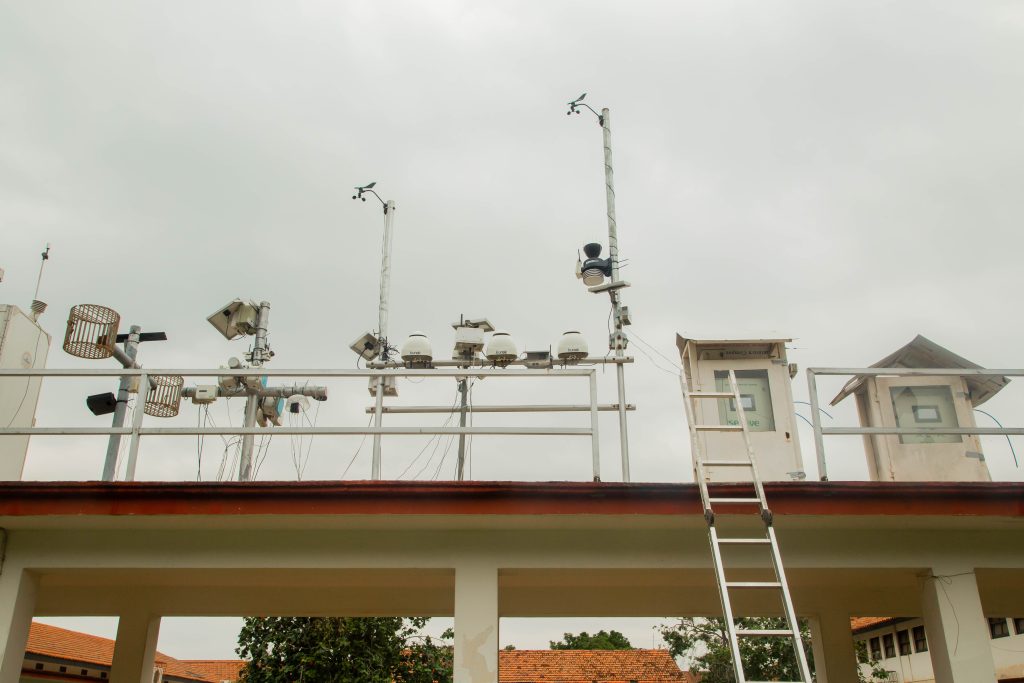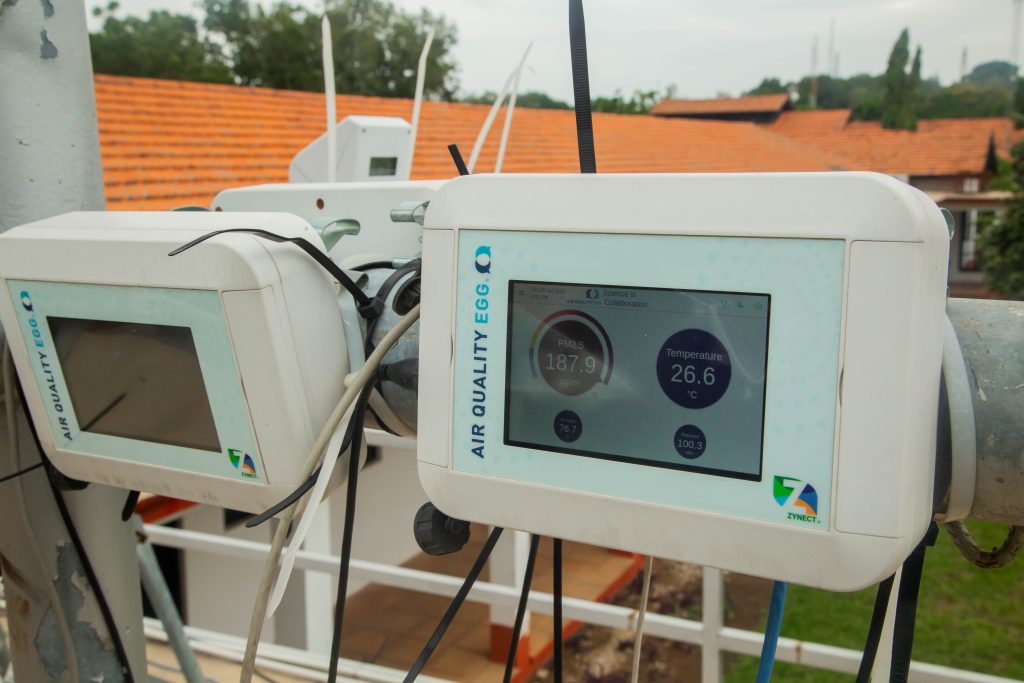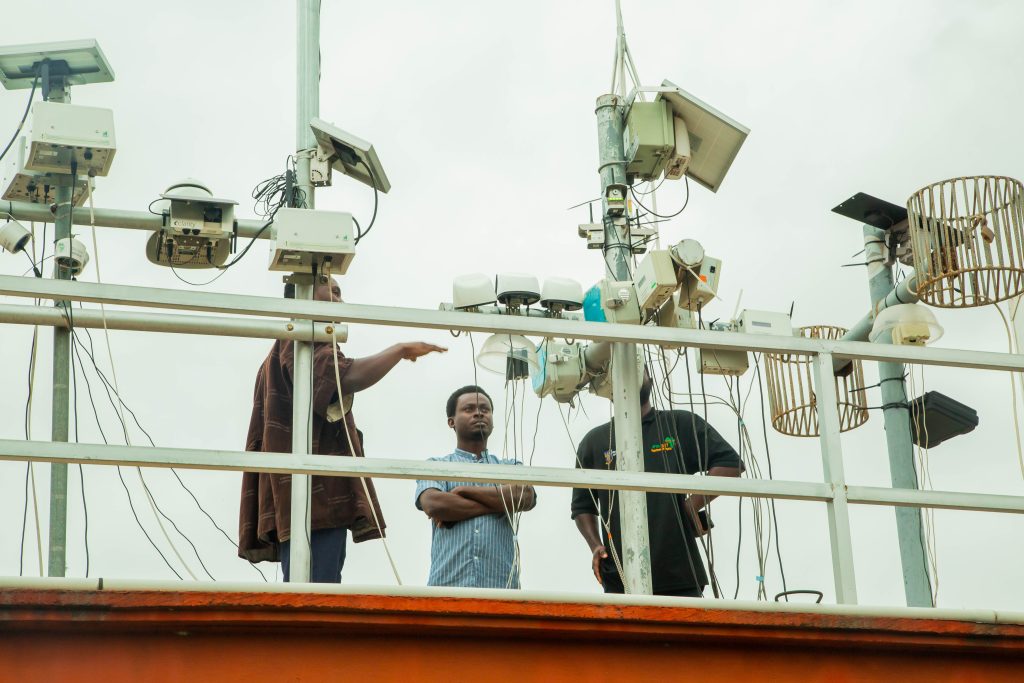Albert Oppong-Ansah, GNA
Accra, Oct. 11, GNA – Afri-SET, a leading air quality sensor evaluation and training facility for West Africa has announced the completion of evaluation of the first cohort of Low-Cost air quality Sensors (LCS), a device used to monitor air quality.
The LCS were evaluated between September 2023 and March 2024, for their sensitivity to outdoor particulate matter of size less than 2.5 micrometers (PM2.5) – that is the inhalable tiny particles.
Dr Allison Felix Hughes, a Senior Lecturer in the Department of Physics at the University of Ghana and Facility Manager for Afri-SET, explained to the Ghana News Agency, that the evaluation was conducted for six weeks in the wet season and same period in the dry season including the Harmattan period.
He explained that the sensors, were collocated with a high-grade reference monitor in the ambient environment at the Afri-SET facility in the Department of Physics, University of Ghana.
“We are committed to working with low-cost air quality sensor manufacturers from around the world to evaluate their sensors in the sub-Saharan African ambient environment, which has different weather patterns, levels and sources of pollution to meet the specific needs of the Global South,” he said.

Dr Mike Giordano, the Executive Director of AfriqAir at KCRC, Kigali, Rwanda and Coordinator for Afri-SET indicated that the use of LCS was a promising avenue to bridge the data gap and inform decision-making at the governmental, community and individual levels in Africa.
He said one advantage of LCS was that they could be widely deployed in places where traditional reference-grade air quality monitors were not available and hinted that the evaluation of the second cohort of sensors was underway.
Ms Victoria Owusu Tawiah, an Analyst at Clean Air Fund, emphasised the critical need for sensor evaluations, particularly in Ghana, given the diverse environmental conditions such as the Harmattan and wet seasons.
“These evaluations are crucial in ensuring that LCS can reliably capture air quality data across different local settings. By validating sensor performance in such conditions, we can boost confidence in their use, especially in regions with sparse data networks,” she said

Additionally, “This will ultimately support more accurate and widespread monitoring, informing policy decisions and raising awareness about air quality issues,” she added.
All the sensor evaluation reports are available for download on the Afri-SET website. The reports provide information on sensors’ data quality and performance metrics such as linearity, precision, bias and errors compared to the reference monitor.
The PM sensors evaluated are Air Quality Egg, AirGradient, Airly-PM, Airqo-Binos, Clarity Node-S, Airbeam3, IQAir AVO, QuantAQ-Modulair-PM, sensor.Africa, Praxis/Urban and TSI-Bluesky 8145.

About Afri-SET – aims to promote the responsible adoption of low-cost air quality sensors throughout West Africa, thereby enhancing air quality monitoring capacity and directly supporting effective health and environmental policymaking in the region.
GNA
This story was a collaboration with New Narratives. Funding was provided by the Clean Air Fund. The funder had no say in the story’s content.